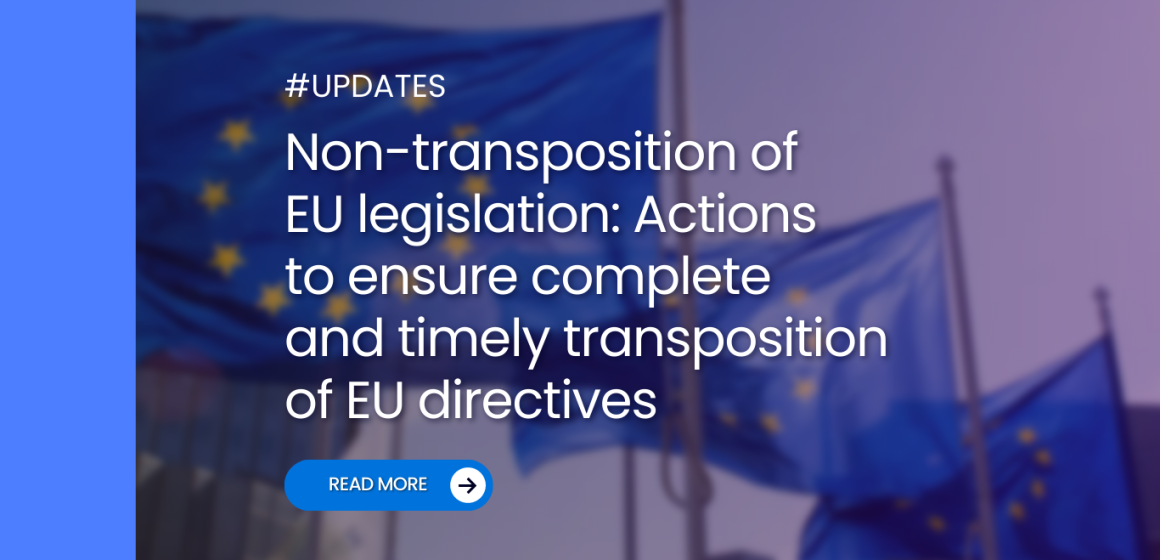The European Commission is adopting a package of infringement decisions due to the absence of communication by Member States of measures taken to transpose EU directives into national law. The Commission is sending a letter of formal notice to those Member States who have failed to notify national measures transposing directives, and whose transposition deadline expired recently. In this case, there are 25 Member States who have not yet notified full transposition measures for four EU directives in the fields of taxation and customs union, justice and public health. Member States concerned now have two months to reply to the letters of formal notice and complete their transposition, or the Commission may decide to issue a reasoned opinion.
Tackling tax evasion: new rules for administrative cooperation between tax authorities in the context of the use of digital platforms by taxpayers
In March 2021, the Council adopted an amendment to the Directive on Administrative Cooperation (Directive (EU) 2021/514 – DAC7). Under DAC7, digital platforms such as websites and mobile apps, which allow taxpayers to sell goods, offer online and offline personal services or rent out immovable property or means of transport, have to report those taxpayers and their economic activities. This information will help tax authorities in the Member States of those particular taxpayers to prevent tax evasion or to misreport through the use of digital platforms. All Member States had to transpose the Directive into their national legislation and inform the Commission thereof by 31 December 2022. The following Member States have not notified or only partially notified the national measures transposing DAC7 and are receiving today a letter of formal notice: Belgium, Estonia, Greece, Spain, Croatia, Italy, Cyprus, Latvia, Lithuania, Luxembourg, Poland, Portugal, Romania, Slovenia.
Consumer protection: protecting the collective interests of consumers through the mechanism of representative actions
The Representative Actions Directive (EU) 2020/1828 seeks to ensure that all European consumers fully benefit from their rights under Union law. It will empower qualified entities to launch representative actions on behalf of consumers and introduce stronger sanctioning powers for Member States’ consumer authorities. This representative action will enable a qualified entity, such as a consumer organisation, to seek redress, such as compensation, replacement or repair, for a group of consumers who an illegal commercial practice has harmed. Since the Directive entered into force in December 2020, Member States had two years to transpose it into their national law and to inform the Commission. Unfortunately, while there is work ongoing in most Member States on adopting the laws, a large number of Member States failed to notify national measures fully transposing the Directive by the deadline set for 25 December 2022 and will therefore be receiving letters of formal notice: Belgium, Bulgaria, Czechia, Denmark, Germany, Estonia, Ireland, Greece, Spain, France, Croatia, Italy, Cyprus, Latvia, Luxembourg, Malta, Austria, Poland, Portugal, Romania, Slovenia, Slovakia, Finland and Sweden.
EU plant legislation: conditions for examination of certain varieties of agricultural plants and vegetables
In June 2022, Directive (EU) 2022/905 amended the conditions for examination and the characteristics to be covered by such examination in relation to certain varieties of agricultural plants and vegetables. Member States had to adopt and publish national measures necessary to comply with this Directive by 31 December 2022. Cyprus and Slovakia have not transposed the Directive into national law by the set deadline and will therefore be receiving a letter of formal notice.
Source: An official website of the European Commission, “Non-transposition of EU legislation: Commission takes action to ensure complete and timely transposition of EU directives”. Press release on 27 January 2023. Access date on 2 February 2023. Available at <https://ec.europa.eu/commission/presscorner/detail/en/inf_23_262>


